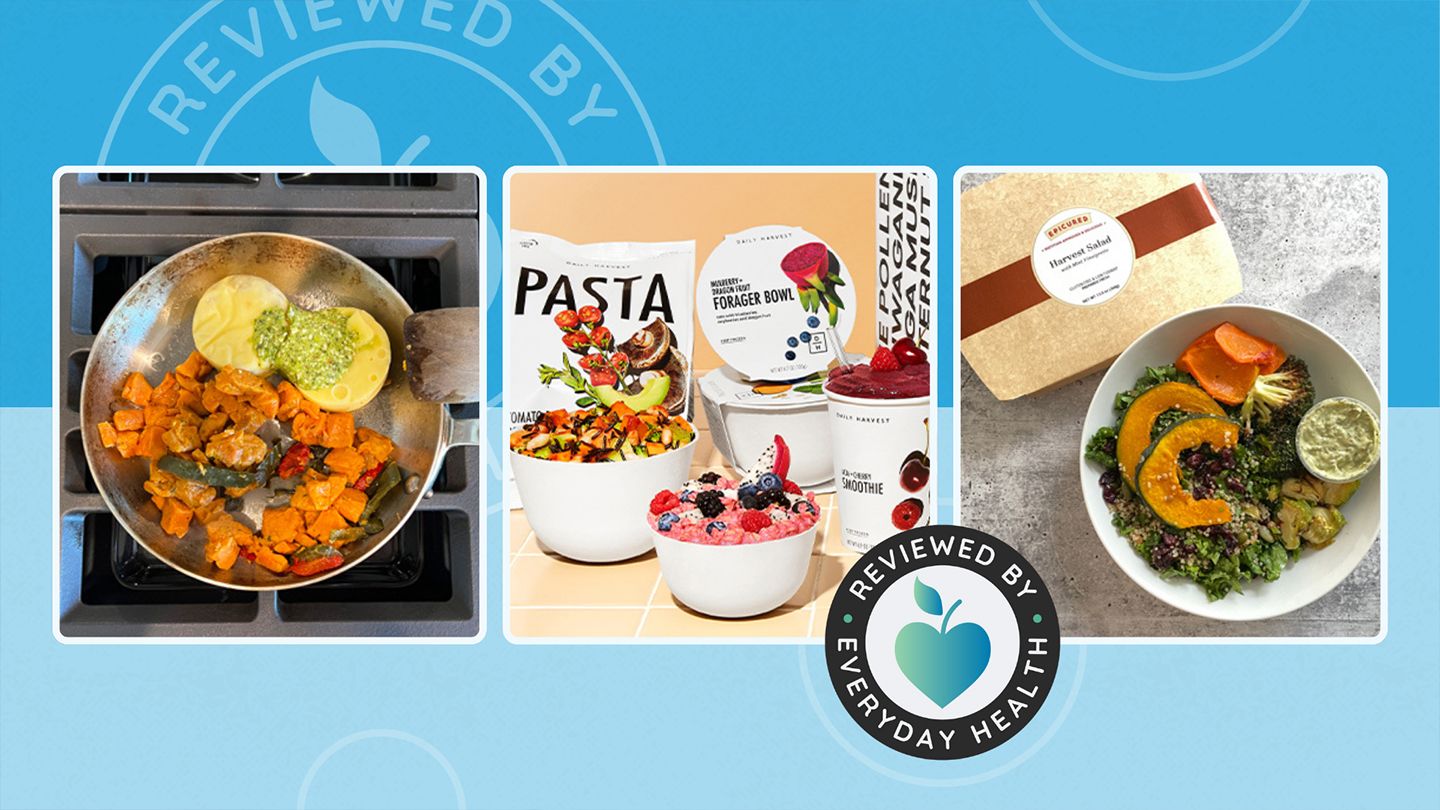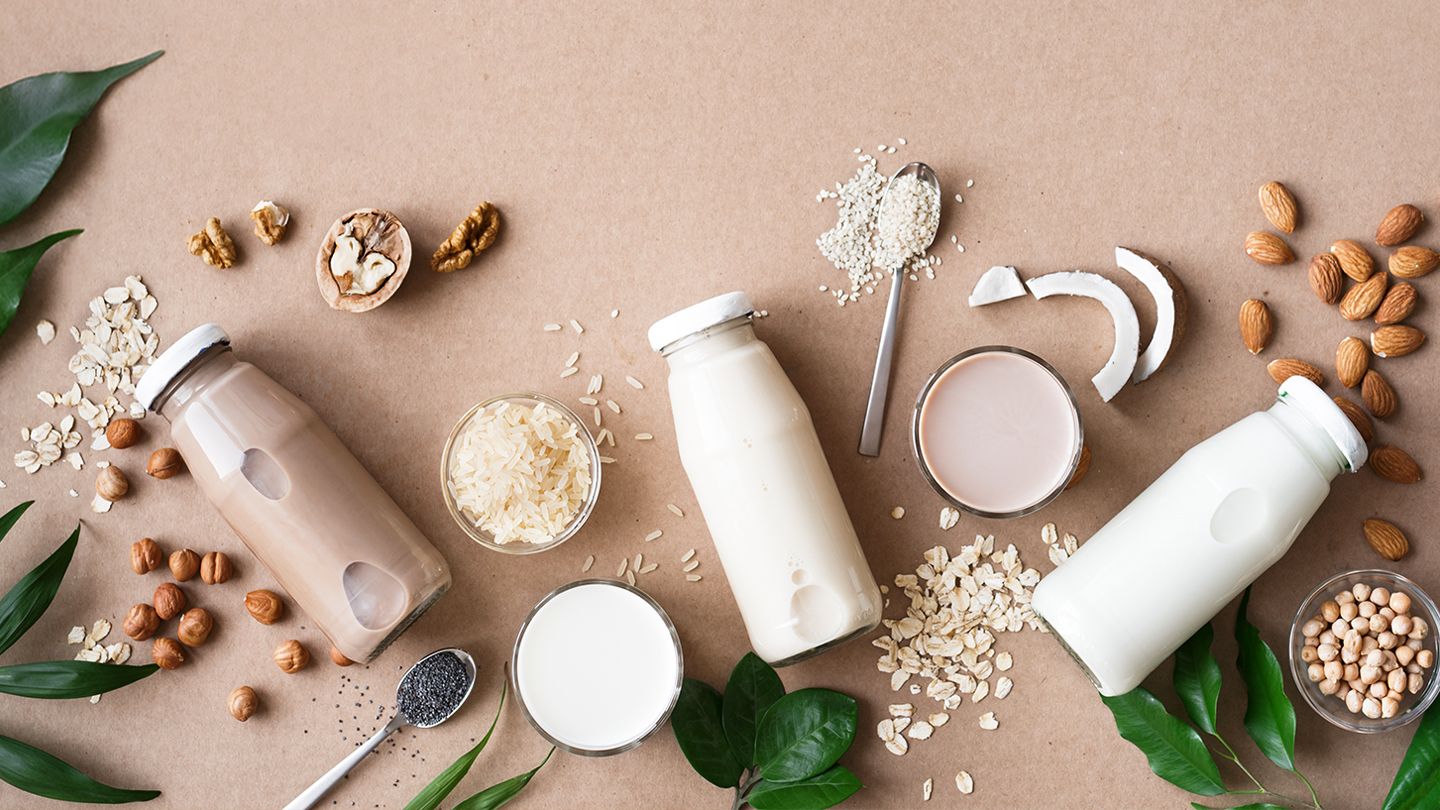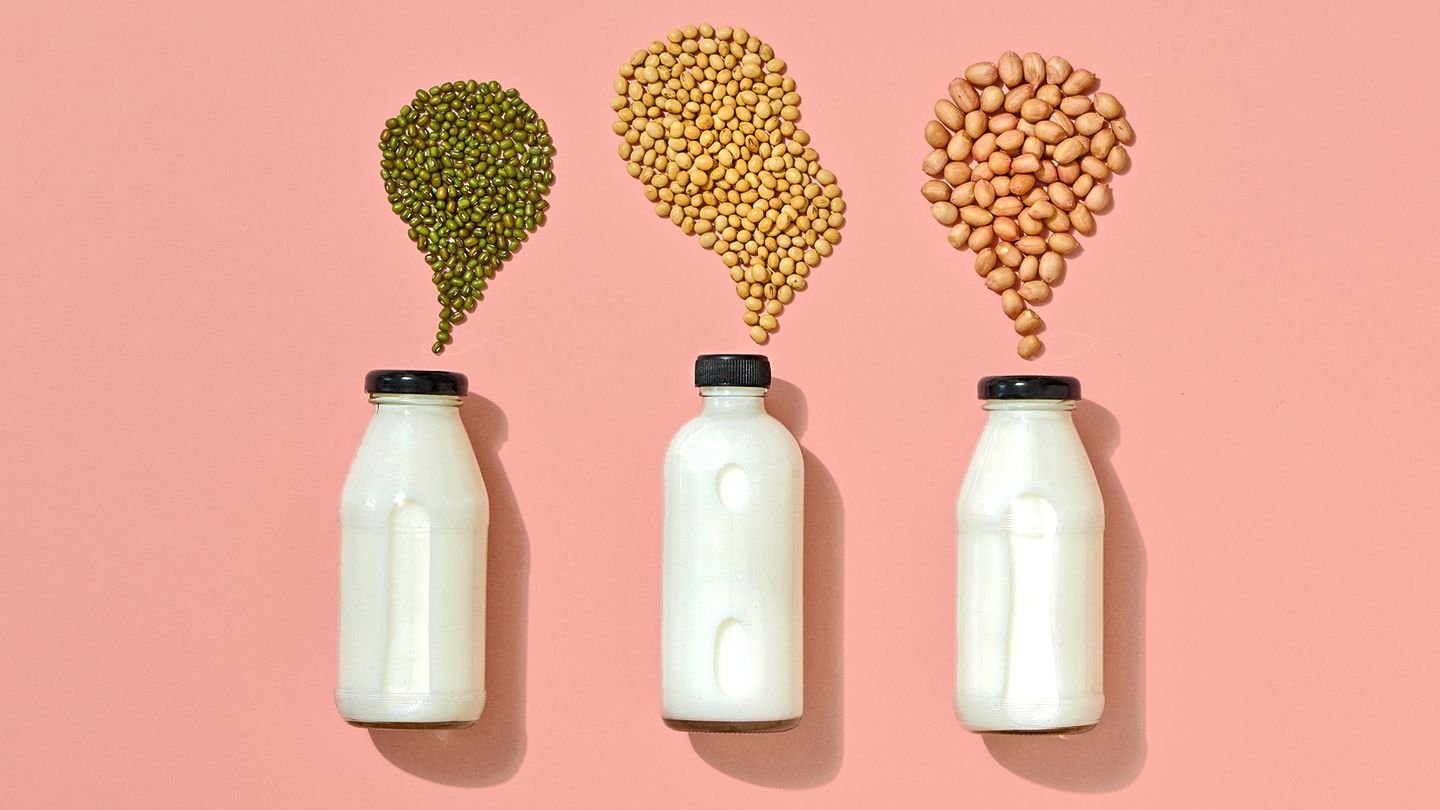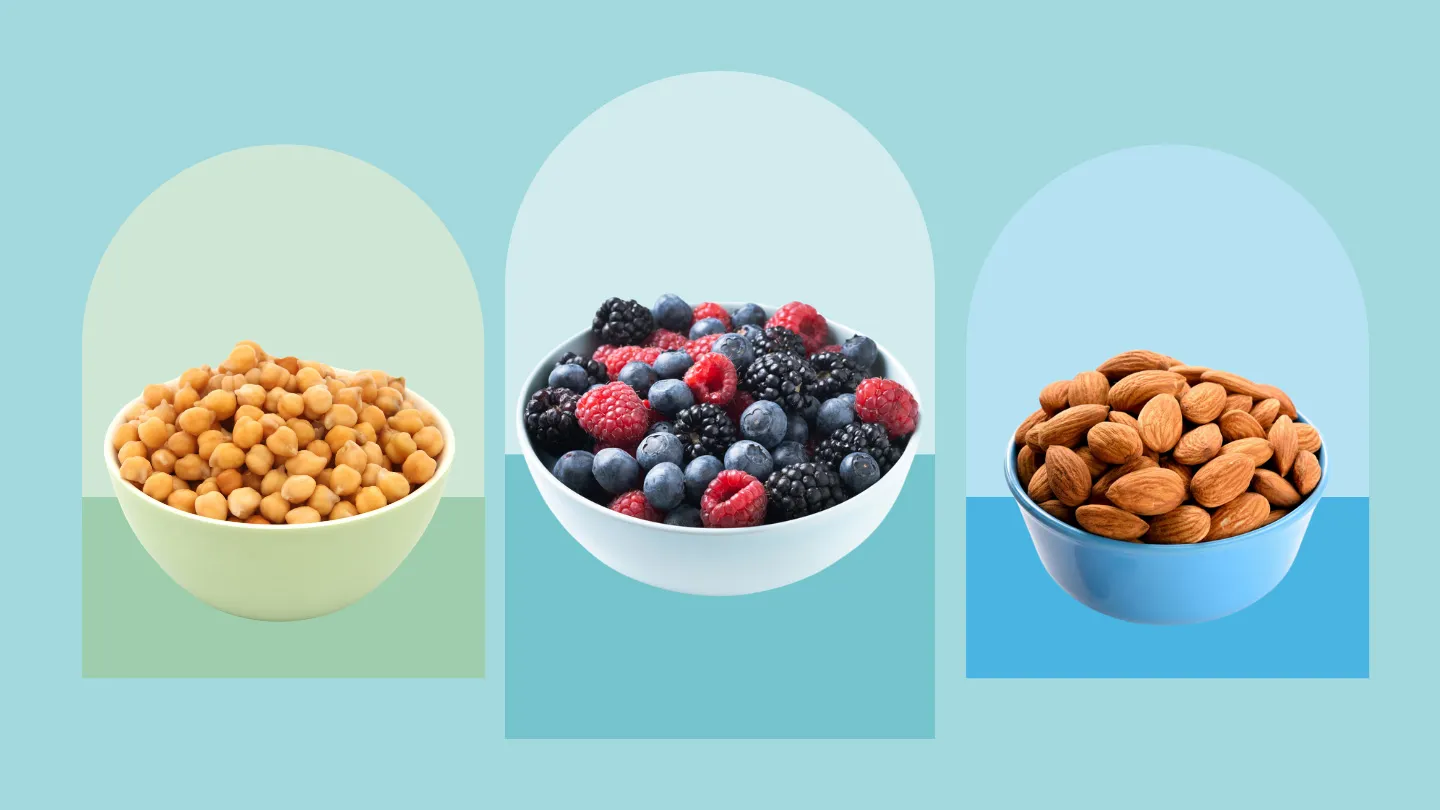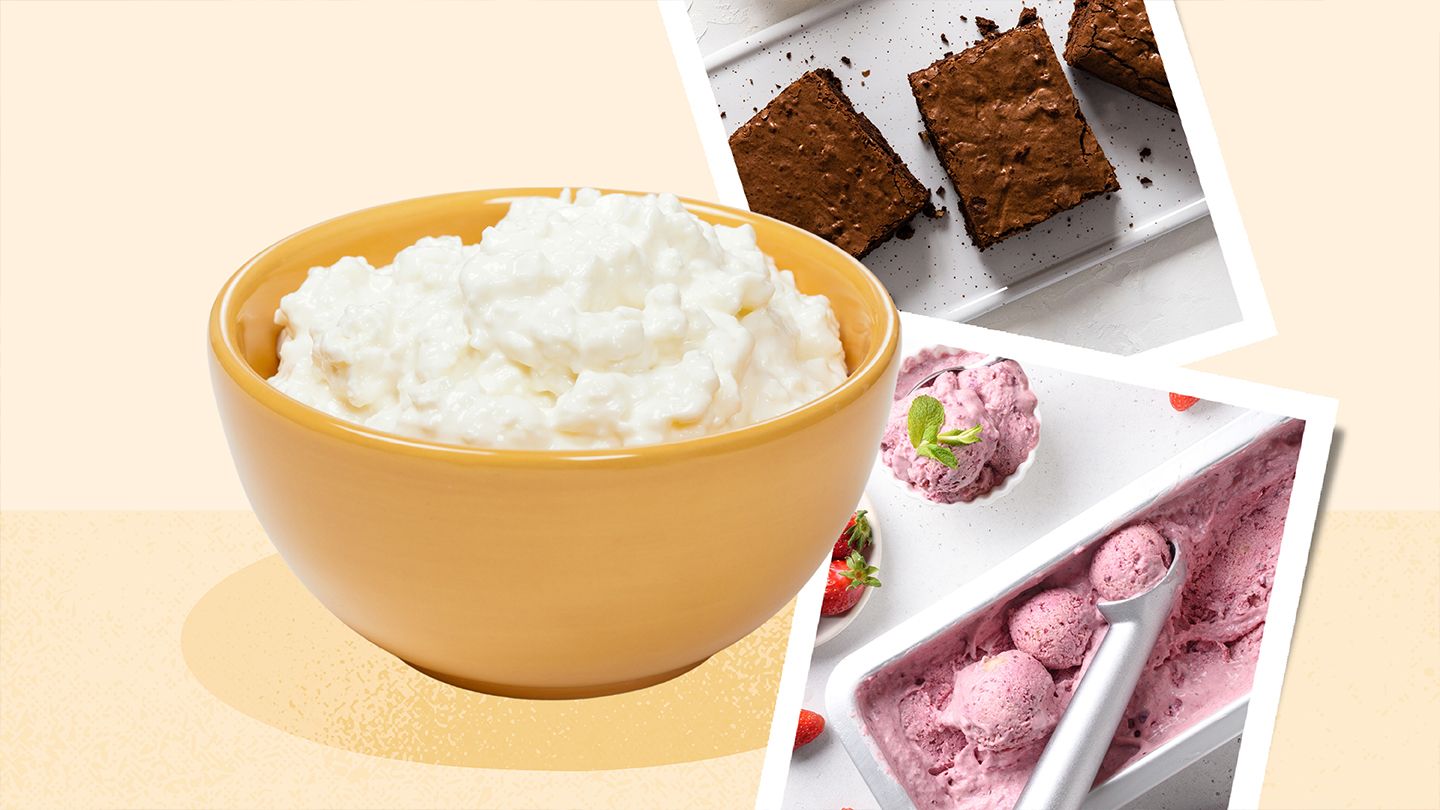Does Goat Cheese Have Lactose?
For those with lactose intolerance, goat cheese can be a confusing food. While goat cheese is dairy, some types contain less lactose than regular cow's milk cheeses. However, those with severe lactose intolerance may still need to avoid it entirely. Understanding the lactose content of different types of goat cheese can help you determine if it may be included in a low-lactose or lactose-free diet.
What is Lactose?
Lactose is a sugar found naturally in mammalian milk. It is made up of two simpler sugars - glucose and galactose. In order for lactose to be properly digested, the body needs to produce an enzyme called lactase. This enzyme breaks lactose down into glucose and galactose which can then be absorbed into the bloodstream.
People with lactose intolerance do not produce enough lactase. This leads to undigested lactose passing through the intestines. When this occurs, it can cause uncomfortable symptoms like gas, bloating, cramping, and diarrhea. The severity of symptoms depends on the amount of lactose consumed and the degree of lactase deficiency.
Lactose Content in Goat Cheese
The lactose content in goat cheese depends on a few key factors:
- Type of goat cheese
- Age of the cheese
- Goat breed
Fresh goat cheeses like chevre have higher lactose content. Aged, hard goat cheeses have less lactose because most of it gets drained off in the whey during processing. goat cheeses also typically have less lactose than cow's milk cheeses.
Here is the lactose content for some common types of goat cheese:
- Chevre (fresh, soft) - 3-4 grams per 1 ounce serving
- Goat feta - 1 gram per 1 ounce serving
- Goat Gouda - Less than 1 gram per 1 ounce serving
- Aged goat cheddar - Less than 1 gram per 1 ounce serving
For comparison, an equal serving of regular cow's milk cheddar cheese contains about 1-2 grams of lactose. So while aged goat cheeses are lower in lactose than regular dairy cheeses, they are not completely lactose-free.
Lactose Content and Digestibility in Goat Milk
In addition to having less lactose, the lactose in goat milk may also be easier to digest for some people. Goat milk contains lower and smaller fat globules compared to cow's milk. This allows the lactose and enzymes to move through the stomach and small intestine more quickly, making them more accessible for digestion.
Some studies have shown that people with lactose intolerance can tolerate goat milk better than regular cow's milk. But the individual response can vary quite a bit. So while some find goat milk products cause fewer symptoms, others may still react to even small amounts of lactose.
Aged vs Fresh Goat Cheese
Aged goat cheeses like gouda and cheddar have very little lactose. During the cheesemaking process, most of the lactose drains off in the whey. The small amounts that remain (less than 1 gram per serving) are fermented by bacteria during the aging process.
In fresh goat cheeses like chevre and goat ricotta, more lactose remains in the finished product. These types of soft goat cheese often have 3-4 grams of lactose per serving.
So for a lactose intolerant diet, aged goat cheeses are a better choice. However, it is still possible to enjoy small amounts of fresh goat cheese if tolerated.
Lactose-Free Diet Guidelines
If you have lactose intolerance, the amount of lactose you can tolerate will depend on the severity of your condition. Some tips for reducing lactose intake:
- Limit milk to 1 cup per day if tolerated
- Opt for aged, harder cheeses over soft, fresh cheeses
- Try cheeses labeled as lactose-free
- Take a lactase enzyme supplement before consuming dairy
- Include dairy earlier in meals when less lactose remains in your system
Completely eliminating dairy and lactose may not be necessary. Many can find an acceptable threshold where they can still enjoy some dairy without unpleasant symptoms flaring up.
Goat Milk Substitutes
For those who need to avoid all sources of lactose, substituting goat's milk with plant-based milks or lactose-free dairy can help. Here are some options:
- Almond milk - Widely available and low in calories. Provides vitamin E.
- Coconut milk - Creamier texture and flavor. Provides healthy fats.
- Soy milk - Protein-rich option. Look for fortified to get calcium and vitamin D.
- Oat milk - Smooth, mild flavor. Higher in carbohydrates.
- Lactose-free milk - Real dairy milk without the lactose. Check if fortified.
When it comes to cheese, vegan alternatives can help fill the void. Brands like Daiya and Follow Your Heart make plant-based cheeses using nuts, tapioca, or legumes. The taste and texture varies quite a bit from traditional cheeses though.
Other Tips for a Dairy-Free Diet
Getting adequate nutrition on a lactose-free diet involves more than just substituting the dairy itself. Here are some other considerations:
- Take a daily calcium supplement to help meet needs. Calcium-fortified plant milks can also contribute.
- Choose other dietary sources of vitamin D like eggs, mushrooms, and fortified juices.
- Include collard greens, broccoli, canned salmon, and tofu for bone-healthy calcium.
- Check labels for hidden milk ingredients like whey, casein, and lactose.
- Look for milk-free options of processed foods like bread, cookies, and soups.
- Be aware that lactose is also in some prescription drugs and supplements.
With some adaptations, it is certainly possible to meet nutrient needs on a goat milk and lactose-free diet. Being able to enjoy delicious goat cheeses once in a while may also make the diet more sustainable and realistic long-term.
The Bottom Line
For those with lactose intolerance, some types of goat cheese may be tolerated in small amounts. Aged, hard goat cheeses tend to be very low in lactose. Fresh soft goat cheeses have higher lactose content. Goat milk also contains less lactose than regular cow's milk and may be easier to digest for some people.
Completely eliminating lactose may not be necessary. But for those who need to avoid it altogether, substituting goat milk and cheese with lactose-free and plant-based alternatives can allow for a nutritious and sustainable diet.
FAQs
Does all goat cheese have lactose?
No, some types of goat cheese are very low in lactose, especially aged hard cheeses like gouda and cheddar. However, fresh soft goat cheeses like chevre have higher lactose content.
Is goat milk lactose free?
No, goat milk does contain lactose but usually about 10-15% less lactose than cow's milk. Some lactose intolerant people can tolerate it better than regular dairy milk.
Is goat feta lactose free?
Goat feta contains about 1 gram of lactose per ounce, much less than fresh cheeses. So while not completely lactose free, it is low lactose.
Can you be allergic to goat milk but not cow milk?
Yes, some people are specifically allergic to the proteins found in goat milk. Reactions would be unrelated to the lactose content.
Is goat yogurt lower in lactose?
Goat milk yogurt has slightly less lactose than regular yogurt. But both still contain around 2-3 grams of lactose per serving.
Disclaimer: This article is for informational purposes only and does not constitute medical advice. Always consult with a healthcare professional before starting any new treatment regimen.
Related Coverage
Want to know if you can eat buffalo mozzarella cheese on a lactose-free diet? Learn about the lactose content of buffalo mozzarella and how to add it to low lactose recipes....
If you have lactose intolerance, eliminating dairy can lead to nutritional gaps. Learn about the best milk substitutes, supplements to fill shortfalls, and how to eat dairy-free....
Learn about the lactose content in different types of goat cheese and goat milk. Get tips for including goat cheese in a low-lactose or lactose-free diet....
Goat cheese contains less lactose than regular cow's milk cheese, but isn't fully lactose-free. However, well-aged hard goat cheese contains almost no lactose....
Discover the best non-dairy cereal milk options for lactose intolerance including soy, almond, coconut, oat, cashew, hemp and rice milk plus recipes and diet tips....
Traditional orange sherbet recipes contain milk, cream or other dairy ingredients. But coconut, nut or soy milk offer easy dairy-free substitutes to still enjoy the sweet treat....
Learn how lactose free and dairy free diets differ for managing lactose intolerance and milk allergies. Understand label reading tips and substitution options....
Does buffalo mozzarella contain lactose? Learn about lactose in cheeses and discover low lactose dairy and vegan cheese substitutes for a lactose intolerance diet....
This complete guide covers the best milk, cheese, cream, yogurt, butter and ice cream substitutes to manage lactose intolerance through a dairy-free diet....
The latest statistics on the UK construction industry show growth overall but ongoing challenges with skills shortages and rising costs. The sector grew by 2.8%....
